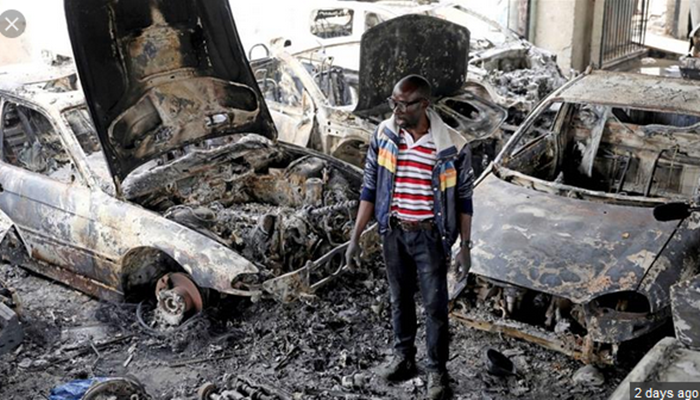
South Africa’s August business confidence lowest in 34 years — SACCI
South African business confidence fell to its lowest level in 34 years in August, as a sharp drop in export volumes and a weaker currency aggravated already tough economic conditions, a survey showed on Wednesday.
The South African Chamber of Commerce and Industry’s monthly business confidence index (BCI) fell to 89.1 in August from 92.0 in July, the lowest level since the inception of the index in April 1985 when the measure was at 88.1, the business body said.
“We’re not talking about the same set of circumstances as back then, but you are seeing a similar economic climate,” said SACCI economist Richard Downing.
“This time the main thing is the difficulty government is having in implementing what needs to be done.”
SACCI said seven of the 13 sub-indices in the BCI deteriorated between August and July, four improved, while two remained unchanged.
Merchandise export volumes, the exchange rate weighted against major trading and investment currencies, and share prices on the Johannesburg Securities Exchange were the most negative contributors.
South Africa economy recorded a surprise 3.1% expansion in the second quarter after contracting by the same margin in the first quarter following a sector-wide slowdown driven by power outages.
But the economic growth outlook remains meek amid lack of clarity and progress on reforms.
On Tuesday, ratings firm Moody’s, the last of the top-three credit agencies to rate the country’s sovereign debt at investment grade, warned of the risk of ongoing uncertainty and the slow pace of reforms, especially at cash-strapped power utility Eskom. (Reuters/NAN)
OPEC cuts 2020 oil demand forecast, urges effort to avert new glut
OPEC on Wednesday cut its forecast for growth in world oil demand in 2020 due to an economic slowdown, an outlook the producer group said highlighted the need for ongoing efforts to prevent a new glut of crude.
In a monthly report, the Organization of the Petroleum Exporting Countries (OPEC) said oil demand worldwide would expand by 1.08 million barrels per day, 60,000 bpd less than previously estimated, and indicated the market would be in surplus.
The weaker outlook amid a U.S.-China trade war and Brexit could press the case for OPEC and its allies to maintain or adjust their policy of cutting output.






